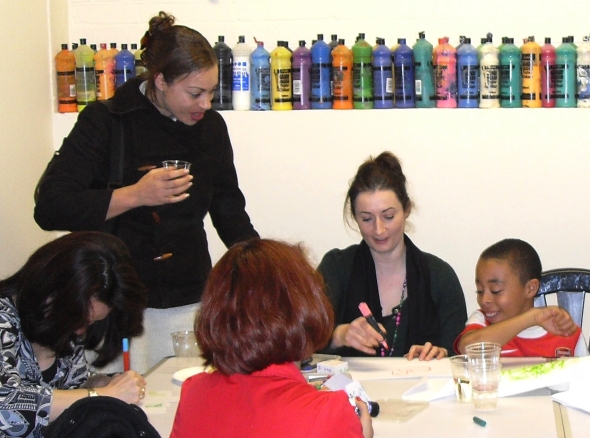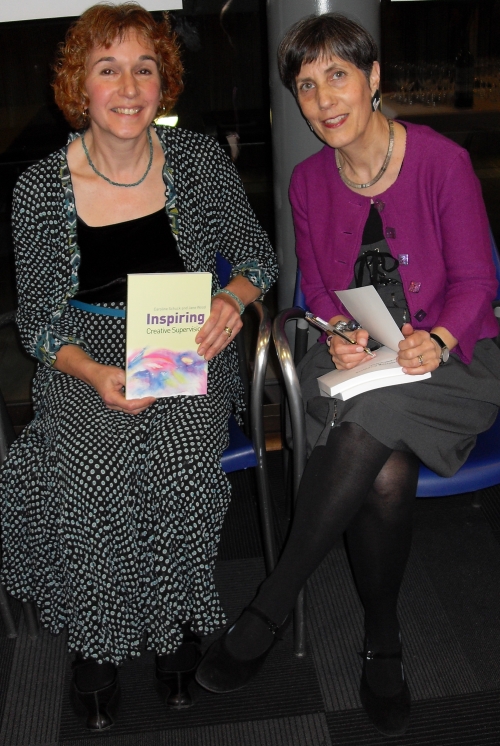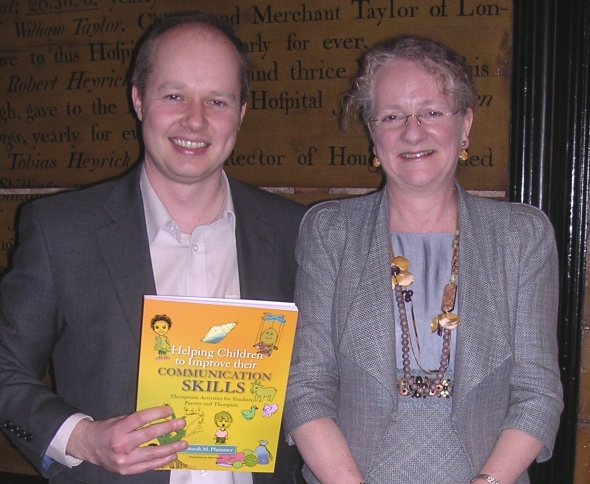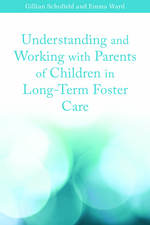Parallel Process Revealed Through Creative Supervision
“The act of creation can be experienced in different ways – it might be meditative or energetic. It enables the supervisee to review their issues from a different perspective. The advantage of using stimulating external resources means that the supervisee can step back and become the observer of their own creation. Effectively they become their own supervisor to your meta supervisor.”









